0 Comments
In this, they mistakenly imagine that to pass a referendum, elect a candidate, pass a law, or change a policy is to change culture. In truth, they probably know better, but in terms of the amount of energy expended and money spent, the net effect is a view much like this. While Christian activists (conservative and progressive) have been fairly influential in the political sphere at different times in recent decades, they have embraced a means to power that seethes with resentment, anger, and bitterness for the injury they believe they have suffered. The public and political culture of contemporary Christianity have become defined by such negations. Christians believe that they have a legitimate right to participate in the democratic process and they are, of course, right. The problem resides with the political culture they not only embrace but have helped to create. The tragic irony is that in the name of resisting the dark nihilisms of the modern age, Christians—in their will to power and the ressentiment that fuels it—perpetuate that nihilism. In so doing, Christians undermine the message of the very gospel they cherish and desire to advance" (James Davison Hunter from To Change the World). *My previous post on Voting and the Table
Wasted Quote: "God uncredentialed in the empire, unknown in the courts, unwelcome in the temple"7/22/2017
Over the last year I have been reflecting on and learning about the failing and cracking of christendom, the structures, privileges, and cultural alignments that allow Christianity to have a central social acceptability and place in our western world. Part of my reading has been on the impossible increase and spread of early Christianity after Acts, the first 300 or so years of church history. A current author, sees a parallel with the exploding Chinese church. Here is his reflection on the Chinese church through the lens of the early church:
The local church as the “thin place” and “the space between”: “Thin place,” a sacred place or space where unseen mysteries of the other world (i.e., “the heavenlies”) and the material places of the earth touch. A “thin place” is where one can walk in two worlds at the same time, a place of liminality—a place where the two worlds (seen and unseen) are fused or mingled together, yet where distinctions can be discerned. “A thin place” is where the boundary between heaven and earth is especially narrow, a place where a sense of the divine is more readily perceived. The church (a local church) as God’s household-temple is such a “thin place.” The “space between” is the common or transitional space where boundaries are fluid, a mix of human activity, specifically that space between the build environment. The church (a local church) is such a “space between” [from C. M. Anderson, “The Sacred “Thin” Space Between: (Eph 3:16): The Temple- Church as Revelation of God's Reconciling Mystery and Its Potential for Church Growth Outcomes” (paper)].
*This is the third instalment of quotes from my presentation on "Church (local), the poor and their neighborhood," which are focused on applying the Bible, especially in the context of "neighborhood." For all the posted "Church (local) quotes >>
*Here are the first set of quotes from a presentation I gave on "Church (local), the poor and their neighborhood," where I sought to ask: "If a local church is “the flesh of a neighborhood” (i.e., the body of Christ local), does this mean a church should be activity concerned about the flourishing of its neighborhood?" This is the first post of a series of quotes (sets of quotes) to provoke our laissez-faire attitutdes and posture toward the issues of poverty and regarding the poor. For all the posted "Church (local) quotes >>
|
AuthorChip M. Anderson, advocate for biblical social action; pastor of an urban church plant in the Hill neighborhood of New Haven, CT; husband, father, author, former Greek & NT professor; and, 19 years involved with social action. Archives
February 2024
Categories
All
|
Pages |
More Pages |
|
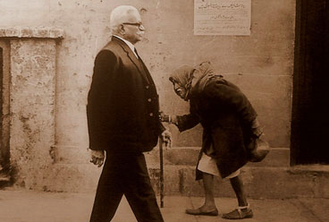
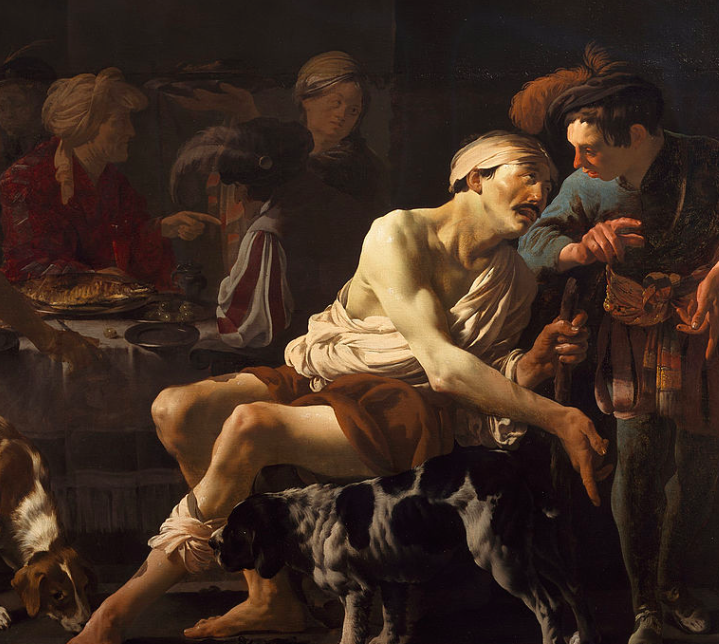

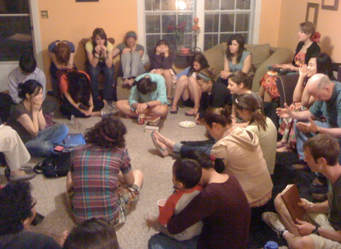
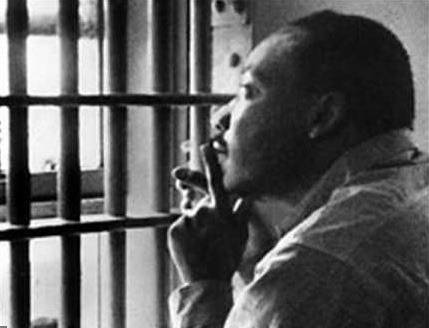

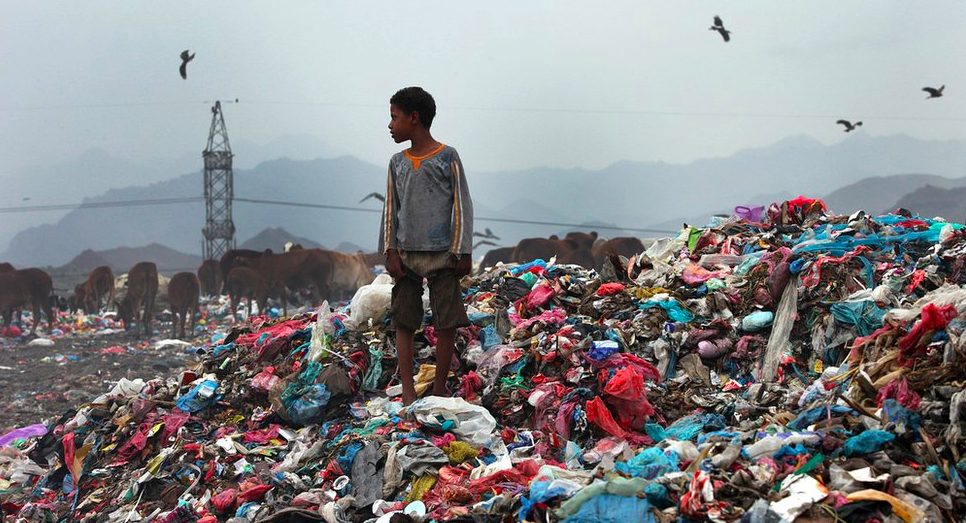
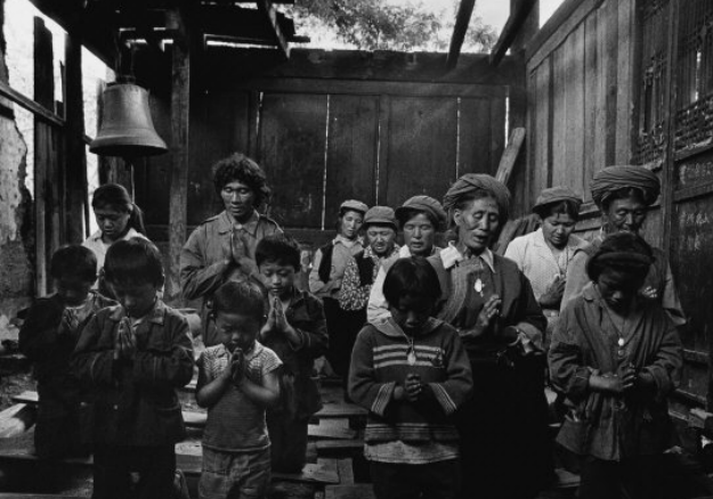
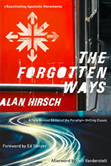
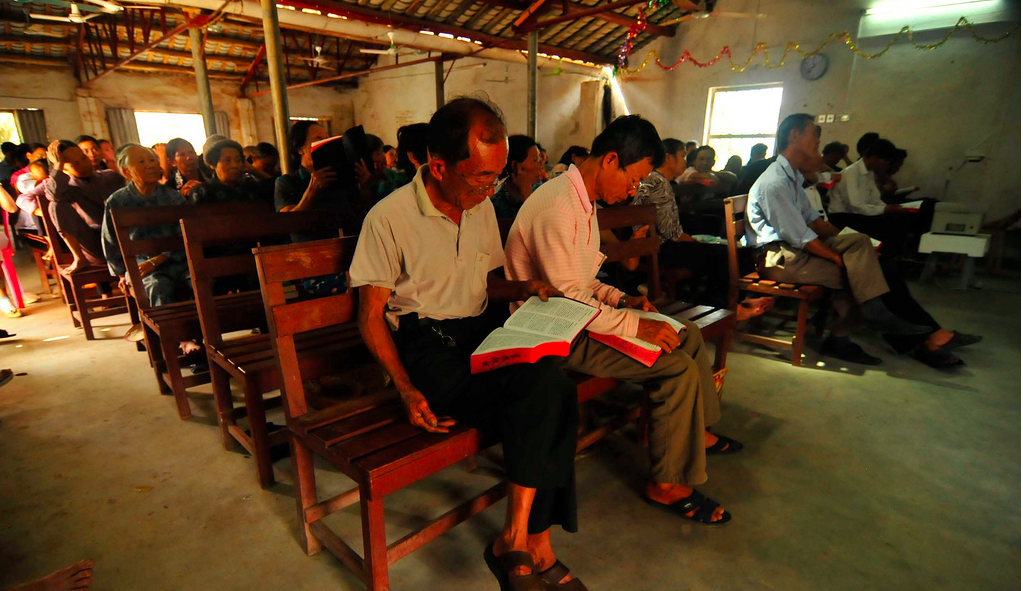
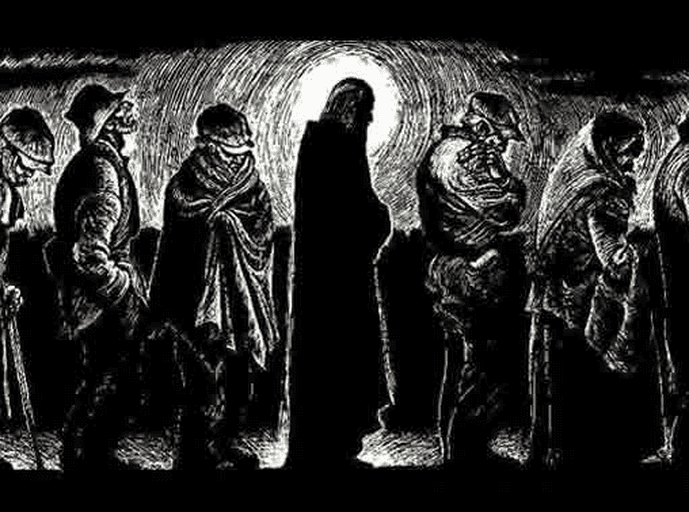
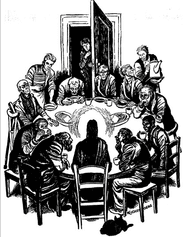
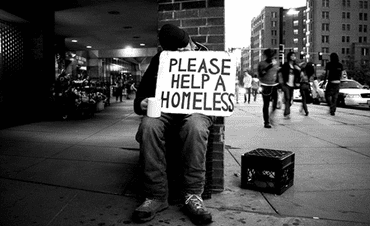

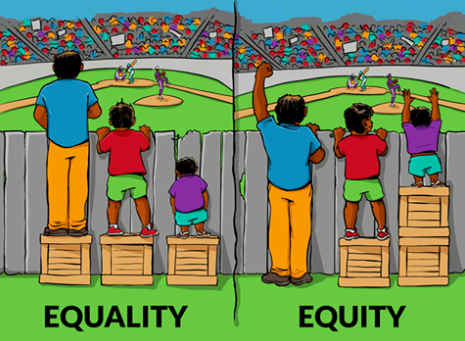
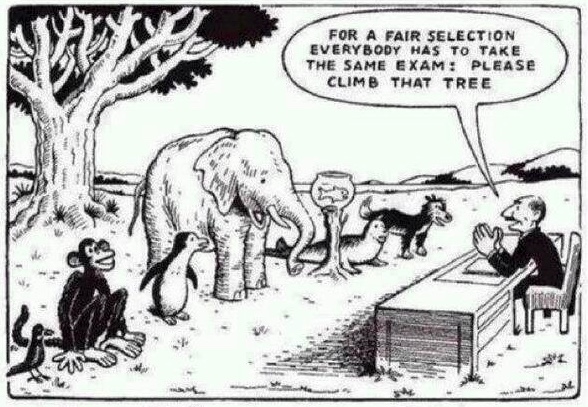

 RSS Feed
RSS Feed